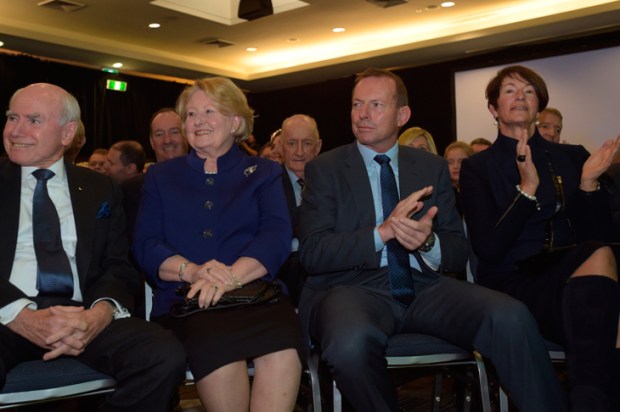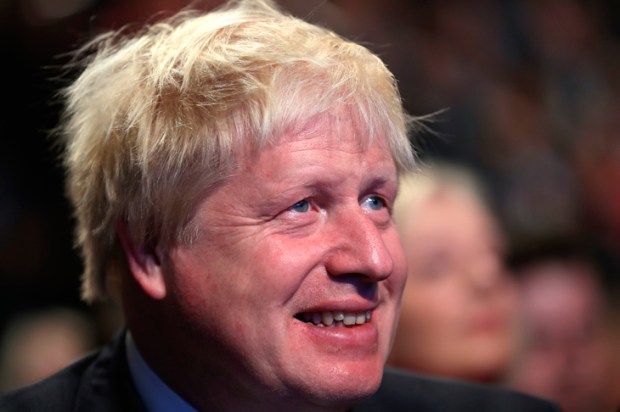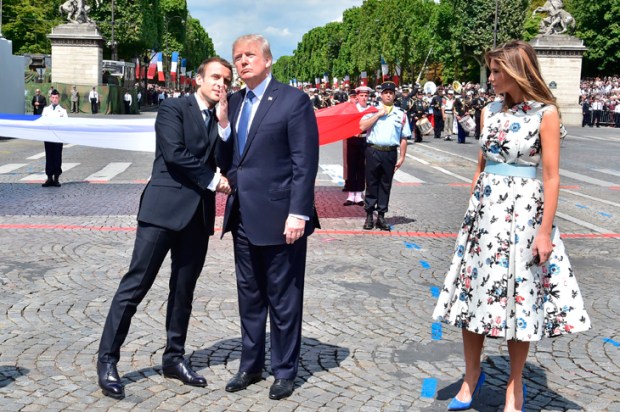FGM: It’s whose fault?
African immigrant, Khadiija Gbla, of No FGM Australia accused ‘the health system in Australia’ of ‘failing’ little girls who have been subject to the horrible practice of female genital mutilation (ABC national news 13 January).
Just how does Australia fail such girls? The No FGM Australia website tells its viewers ‘Little girls are being left unprotected by Australian laws because those around them are scared to offend their parents’. Presumably, the reference is to family. How are authorities to know of these practices without someone blowing the whistle? Should Australia spy on all African immigrants?
It goes on, ‘Due to immigration, female genital mutilation has spread to Australia. Therefore Australian girls are now also at risk of female genital mutilation’. So how come it is our fault? FGM is, after all, illegal in Australia and it is illegal to take a child from Australia to procure FGM.
And more, ‘It is wrong to assume that because someone comes from an FGM-affected community that they will subject their daughter to FGM, however these girls are still considered in the highest risk group’. Quite so, but the fact is FGM is not part of Australian culture. Australia imports the problem. So, how about some border control, or do we have to fix the world’s cultural madness?
Mind you, a 2014 survey of 1,000 paediatricians and child health specialists by the Australian Paediatric Surveillance Unit, reported only 59 children with FGM. Most were identified during refugee screening and were born in Africa. Three were born in Australia: two had FGM in Australia and one in Indonesia. All parents were born overseas, mainly Africa. These children were referred to specialists in obstetrics/gynaecology, or social work and where necessary to child protection. It seems to me that Australia is doing its job.
The website proclaims, ‘It is difficult for Australians to shake their fear of appearing to be racist, in their attempt… to make up for the policies of previous Australian governments’. Excuse me? We are canned for Aboriginal policies, and now we are canned for policies to African girls? Our No FGM activists may like to read a few passages from early anthropologists on Aboriginal mutilation practices.
Walter Roth’s ethnological studies of the NW Queensland Aboriginal clans, published in 1897, describes gang rape and tearing episiotomy as part of female ‘initiation’. There is debate about the ‘cultural’ nature of the practice, but whether rape or initiation, either was a common occurrence of the treatment of Aboriginal women. These practices, hopefully no longer practised, are illegal in Australia. Most Australians have no fear of appearing to be racist.
Please do not lecture us about our supposed racism. We may lack the fortitude to go into Aboriginal communities to chase it down, but that is because of Lefties who are slaves to Aboriginal ‘culture’ and prefer to leave them to that culture. The day I see feminists protest in numbers at the treatment of Aboriginal women by Aboriginal men in remote Australia will be a day to savour.
FGM in 29 countries in Africa
Sudan, Sierra Leone, Eritrea, and Somalia are all source countries for refugees to Australia. FGM is common in all of them. More comforting, 19 African nations prohibit FGM. Should Australia take refugees from only those countries that have banned FGM? Should Australian officials check women from those countries that practise FGM to ensure they have not been subject to the procedure? At the very least, should Australian officials inform prospective refugees and immigrants that the practice is outlawed in Australia?
And, still more. ‘Within a western context like Australia where female genital mutilation is not an acceptable practice, women and girls who immigrate to Australia who have been mutilated can feel socially isolated, and experience psychological trauma because they are not like the other women in their new home who have not been mutilated. They may even feel trauma that their bodies are now considered to be mutilated in a Western context, where in their country of origin it may have been a celebrated or highly valued status.’ This is bizarre. Are we supposed to feel guilty that Australians revile the act, but not Africans, and yet feel guilty that we fail to stop it?
Insight
Jenny Brockie’s weekly program, Insight, on SBS, is far and away the best current affairs program on television. Her panel consists of people who are participants in the field of the topic of discussion, and the audience are participants and practitioners in the field.
While Insight viewers learn, ABC television Q&A viewers merely pray at the high altar of progressivism. An example of Insight at its best was the 2013 episode ‘Clear Cut’, which was a mature treatment of the issue of FGM with women who had experienced the procedure.
The practice varies in its invasiveness, consequences and cultural meaning. One panelist, a woman living in the US, had returned to Sierra Leone as an adult to have what she described as a ‘circumcision’. Apparently 94 per cent of women in Sierra Leone are similarly circumcised. She believed that the procedure was an initiation rite for women, a coming of age, and that it had empowered her. Well, that shook a couple of feminists in the audience. It was also made clear that some women in Australia seek surgery, for example, labiaplasty, for cosmetic reasons. Feminists and cultural relativists have their knickers in a twist on this issue. Let it be known, any mutilating procedure undertaken without consent is illegal. Perhaps Australia should refrain from importing it. Ah, culture, such a great thing.
Got something to add? Join the discussion and comment below.
You might disagree with half of it, but you’ll enjoy reading all of it. Try your first month for free, then just $2 a week for the remainder of your first year.













